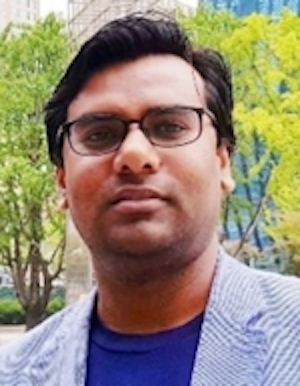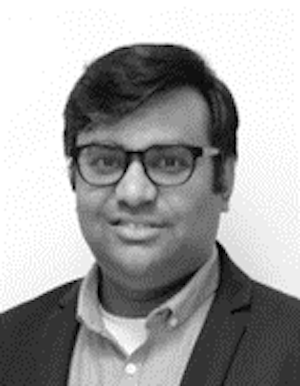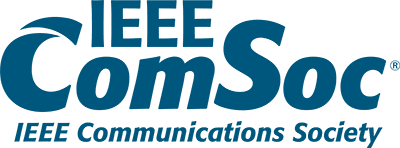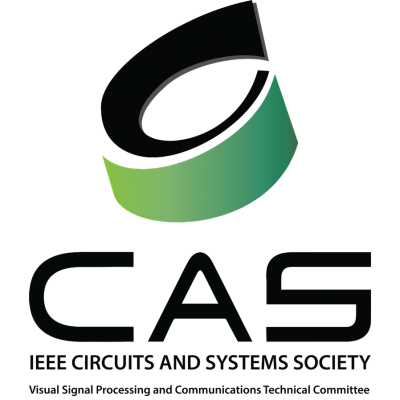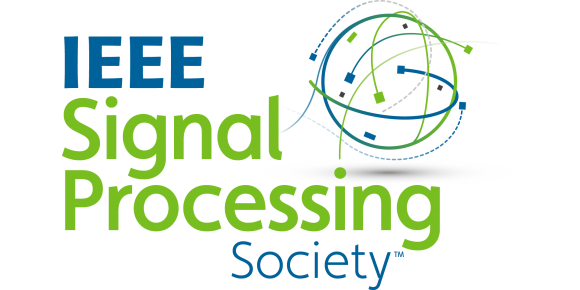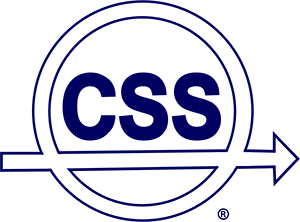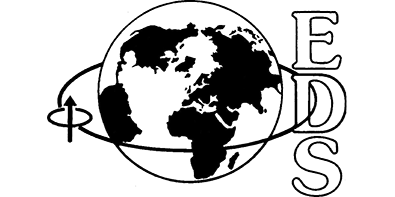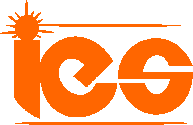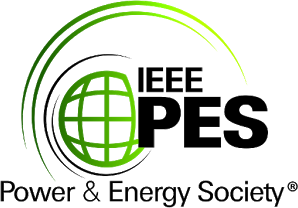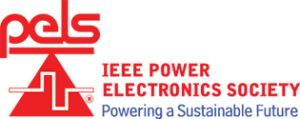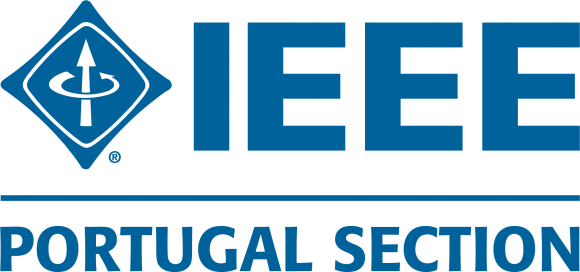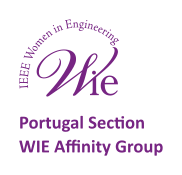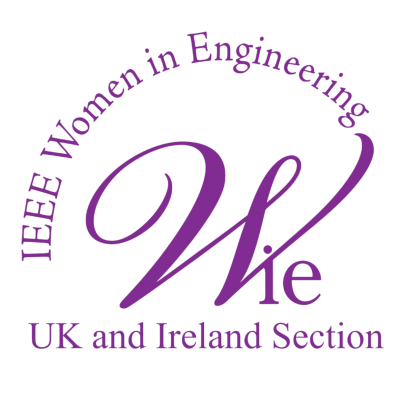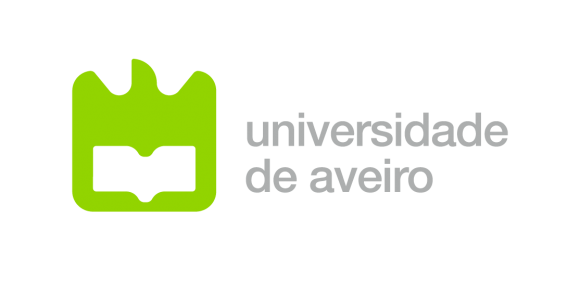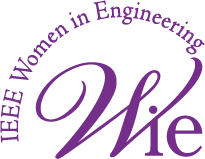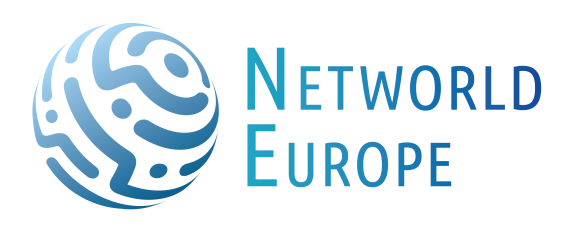9th Workshop on Blockchain based Secure Trust Environment Model for Internet of Things (B-STEM- IoT)
Track ID: Work-07
Description
Internet of Things (IoT) devices have offered new data gathering and processing channels, but they have also raised data privacy and security concerns. IoT data dependability has become a major issue in this setting. Blockchain technology could make the IoT safer. Participants will learn about the Secure Trust Environment Model for Internet of Things (B-STEM-IoT) at this event. The workshop will begin by discussing IoT device trust challenges and how blockchain technology may help. B-STEM-IoT uses a distributed ledger to record transactions in an immutable and auditable manner for all participants. The idea protects IoT data's privacy, security, and accessibility through consensus, smart contracts, and cryptography. Afterwards, the program will examine real-world B-STEM-IoT applications. Participants will study application scenarios in supply chain management, healthcare, energy management, and smart homes. Each group will implement a proof-of-concept B-STEM-IoT paradigm for their use case. Blockchain's use in IoT systems will conclude the program. Participants will be able to share ideas, learn from one another, and discuss ways to progress this emerging profession. Attendees will learn about the B-STEM-IoT paradigm and its possible uses, as well as actionable solutions for constructing trustworthy and secure IoT systems.
Objectives
The Blockchain based Secure Trust Environment Model for Internet of Things (B-STEM- IoT) model presented in this workshop is a novel approach to creating secure and trustworthy IoT systems. The workshop will explore Blockchain Technology issues and solutions, Internet of Things security standardization, and resource-constrained applications such health care, intelligent communications, and vehicular communication. Internet of Things design, and development involve data management and security considerations. It investigates security, standards, security approach, and process for resource-constrained communication channels. This workshop invites IoT security contributions from linked devices and resource restrictions, network theoretic analysis, security design, and experimentation. To explore IoT security, cryptography, embedded security, and hardware security. This workshop's subjects include:
-
Advanced Internet of Things (A-IoT): Perspective, Challenges and Future
- Blockchain based architecture, design, implementation and management of IoT.
- Blockchain Functional security, standards, and certification: Proof of Work, Ledger, Smart Contracts Cryptography
- Blockchain Security Techniques and protocols for Connected things
- Blockchain Security mechanism for Wireless communication in dynamic environments
Motivation
This workshop was inspired by the growing need for secure IoT systems. IoT devices have made data collection and processing easier, but security and privacy concerns have increased. Secure trust settings for IoT devices may be possible with blockchain technology. The B-STEM-IoT concept uses consensus mechanisms, smart contracts, and encryption to protect IoT data's integrity, and confidentiality.
Workshop Format
The workshop will be held online and in-person. The workshop has three sections:
-
Blockchain technology's ability to solve IoT trust issues.
- Presentation and hands-on examination of B-STEM-IoT model elements such consensus processes, smart contracts, and cryptography.
- Group work and discussion of B-STEM-IoT use cases
Intended Audience
This session is for researchers, practitioners, and industry experts interested in using blockchain technology to secure and trust IoT devices. Computer scientists, engineers, and allied professionals can attend the session.
Paper Submission Deadline
Important Dates:
- Deadline for Paper Submissions: July 30th, 2023
- Acceptance Notification: September 8th, 2023
- Deadline for Camera-Ready Paper Submissions: September 29th, 2023
- Deadline for Presentation Submissions: October 2nd, 2023
Papers should be six (6) pages in length and follow the instruction provided for the main Conference. The conference allows up to two additional pages for a maximum length of eight (8) pages with payment of extra page charges once the paper has been accepted.
Please submit your paper for this Workshop using the link to eWorks:
Call For Papers:
If you have any questions, please contact Dr. Madhusudan Singh: madhusudan.singh@oit.edu
Chairs
Madhusudan Singh: Oregon Institute of Technology (Oregon Tech)
Madhusudan Singh is an assistant professor at Oregon Institute of Technology, Klamath Falls, Oregon, USA. Previously, He is worked as assistant professor at Department of AI and Big Data, ECIS, Woosong University, USA and Director of Research Center of AI, Data Science & Blockchain Technology at, South Korea. He is actively involved in entrepreneurial endeavors in Blockchain Technologies with Artificial Intelligence, Information Security, and Data Science. And in his career, he has worked as a senior engineer in the R&D division at Samsung Display, Korea, and research professor in YICT, Yonsei University, Korea. He serves as a series editor of the Blockchain Technologies in Springer Nature, IEEE Computer Society and ACM Distinguished speaker, a senior member of IEEE societies.
Dhananjay Singh: Saint Louis University
Dhananjay Singh is a highly accomplished researcher and esteemed academic who has made significant contributions to several fields, including Computer Science, Information Technology, and Electronics Engineering. As the Director of ReSENSE Lab and a Full Professor in the School of Professional Studies at Saint Louis University in Missouri, USA, he leads research and inspires future professionals in his field. Prior to this, he held a Full Professor position in the Department of Electronics Engineering at Hankuk University of Foreign Studies (HUFS) in Seoul, South Korea, where he also served as the head of the Global Division of Information Technology. Dr. Singh's extensive professional affiliations demonstrate his commitment to professional development and advancement. He is a Senior Member of IEEE, ACM, and International Human-Computer Interaction Society (IHCI). He also serves as an editor and reviewer for numerous major conferences and journals, showcasing his expertise and dedication to the field. Dr. Singh's contributions to the scientific community have earned him a well-deserved reputation as a highly respected and accomplished researcher.



